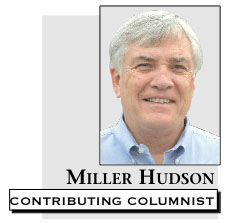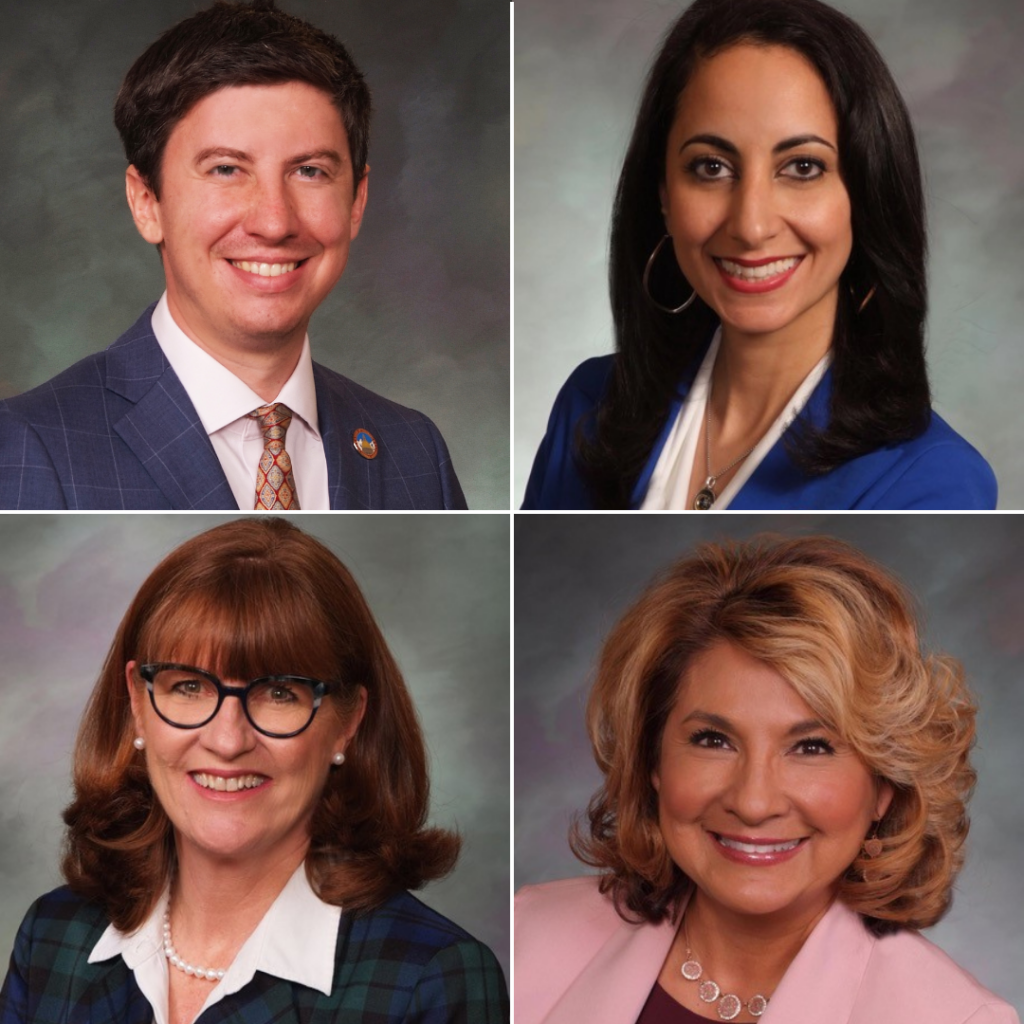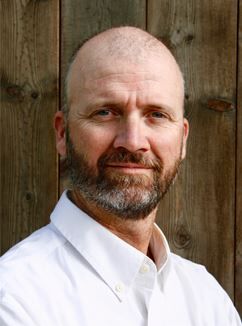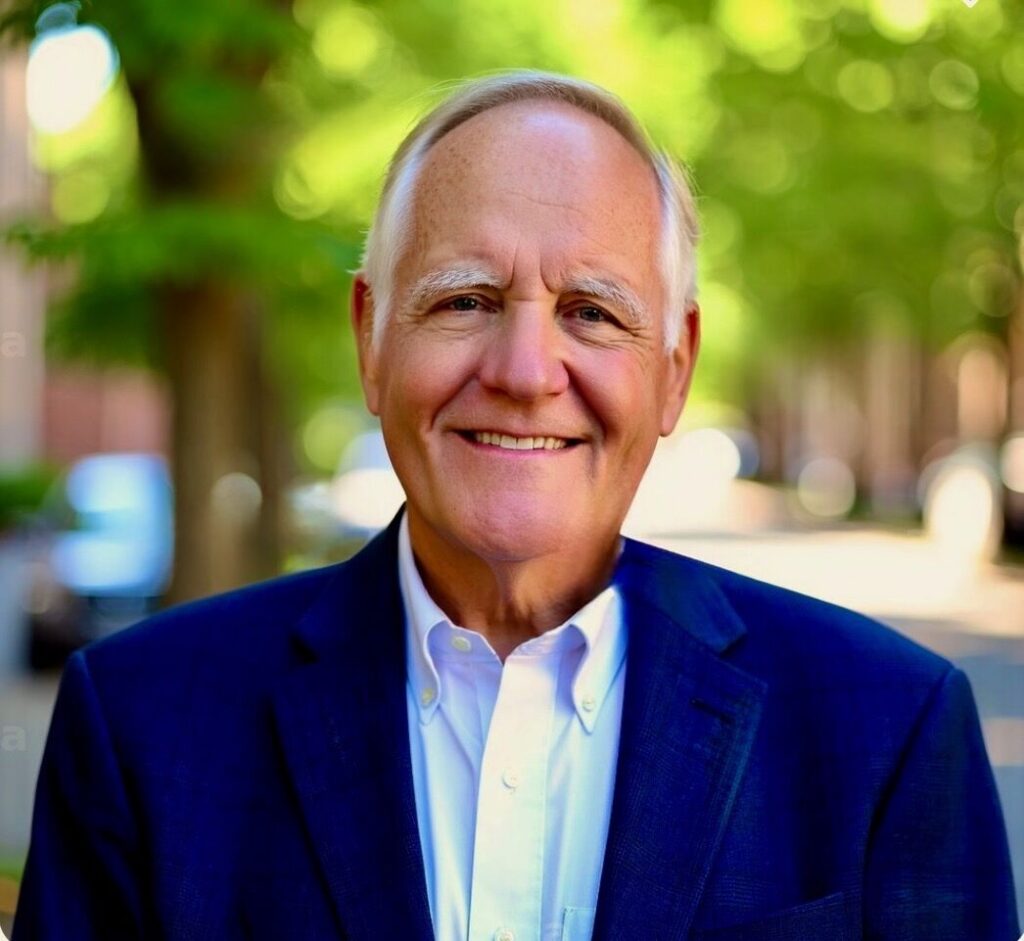‘Big data’ solutions to prepare for next disaster

Democratic State Representative Tracy Kraft-Tharp of Westminster and Republican Senator Ellen Roberts of Durango have submitted legislation (House Bill 1129) that speaks to one of the fundamental responsibilities of government – public safety. Even the most virulently anti-government zealots will usually acknowledge that policing, fire prevention and disaster recovery are appropriate functions of government that cannot be effectively left to individuals. There are economic efficiencies in consolidating these responsibilities that spread risk and protect against catastrophic losses. None of this negates the obligation for protecting personal property against losses through the purchase of

insurance. Indeed, it was Benjamin Franklin who first solicited subscriptions to a mutual fire protection service for Philadelphia.
During the ensuing two centuries following the adoption of the Constitution, public safety has expanded to include everything from food safety to air traffic control. In many instances this regulation has grown so transparent that we can take clean water, drug purity and affordable public utilities, even when provided by private corporations, for granted. These are protections whose costs are substantially reduced when shared. Few of us could afford to guard against natural or technological dangers on our own nickel. Neither would we wish to assume responsibility for patching potholes on the street in front of our homes. Maintenance of public infrastructure, while the actual work may be privately contracted, must be scheduled and coordinated centrally. Although regulation occasionally runs wild, it nearly always originates in a desire to protect the public against misrepresentation, mistreatment or fraud. The actual dimensions of the risk (a bad haircut, for example) or the exercise of poor judgment (purchasing property sight unseen) can prove either beneath the threshold of legitimate public concern or beyond the reach of the wisest regulatory intervention.
Technological advances routinely provide smarter, faster and more effective tools for managing and predicting risks. The National Center for Atmospheric Research (NCAR), located in Boulder, has perfected forecasting tools that can characterize the expected behavior of what have traditionally been viewed as “Acts of God”. Coupling “big data” with the power of modern personal computers, we can now reliably and accurately plot the path of wildfires and the reach of flood surges hours, even days ahead. In the past decade, we have witnessed that these threats can produce billion of dollars in damages. Twenty million dollars in federal tax money has been expended in developing these forecasting techniques. HB 1129 would direct the state Division of Fire Prevention and the Division of Homeland Security and Emergency Management to customize these fire and flood prediction systems for application across the state. It is anticipated that timely forecasting could prevent tens of millions of dollars in property losses while saving the lives of residents and firefighters.
HB 1129 has passed out of the House Agriculture Committee with a bipartisan majority and now languishes in the Appropriations Committee where it will eventually compete against other demands for new or expanded state services. In the larger scheme of things, the $2 million dollar annual price tag is negligible, but in the scrum for new dollars that will occur later this month, it must bid for attention against requests for more correction officers, child protection workers and a host of worthy causes. Over the long run, it is likely to pay for itself many times over. It is a service unlikely to ever be provided by the private sector, and whose cost remains well beyond the reach of all but Charlie Ergen, Phil Anschutz and John Malone. One opponent pointed out that most of these disasters originate on federal lands, suggesting that Congress should provide the money for implementing its technology. Forty-nine other states would love to jump on that gravy train, but what are the chances? Meanwhile, inaction offers little solace to the Coloradans who will fall victim to next year’s fires and floods wherever they start. At less than a dollar per taxpayer, it sounds like a bargain!
Miller Hudson is a public affairs consultant. He can be reached at mnhwriter@msn.com












